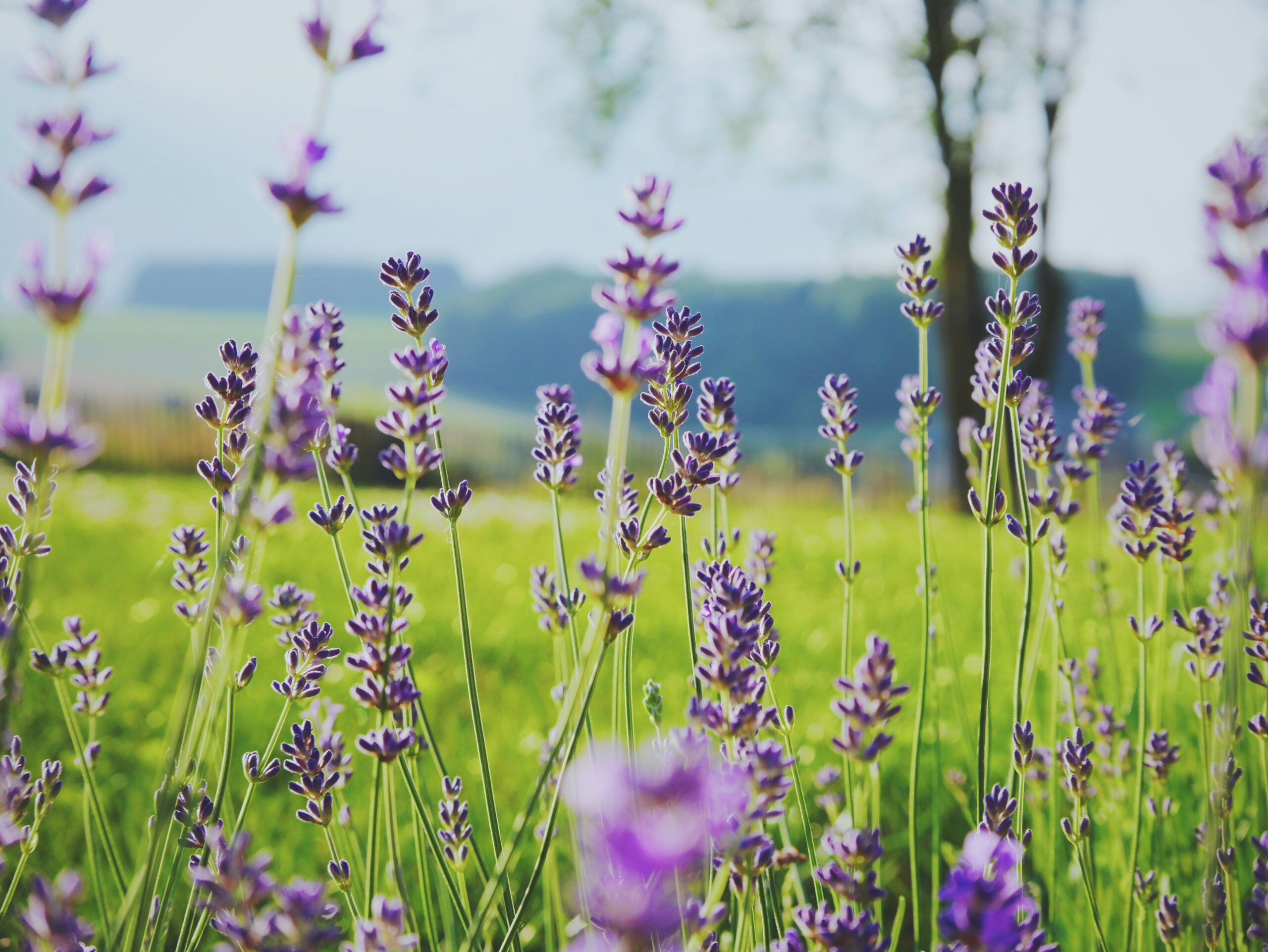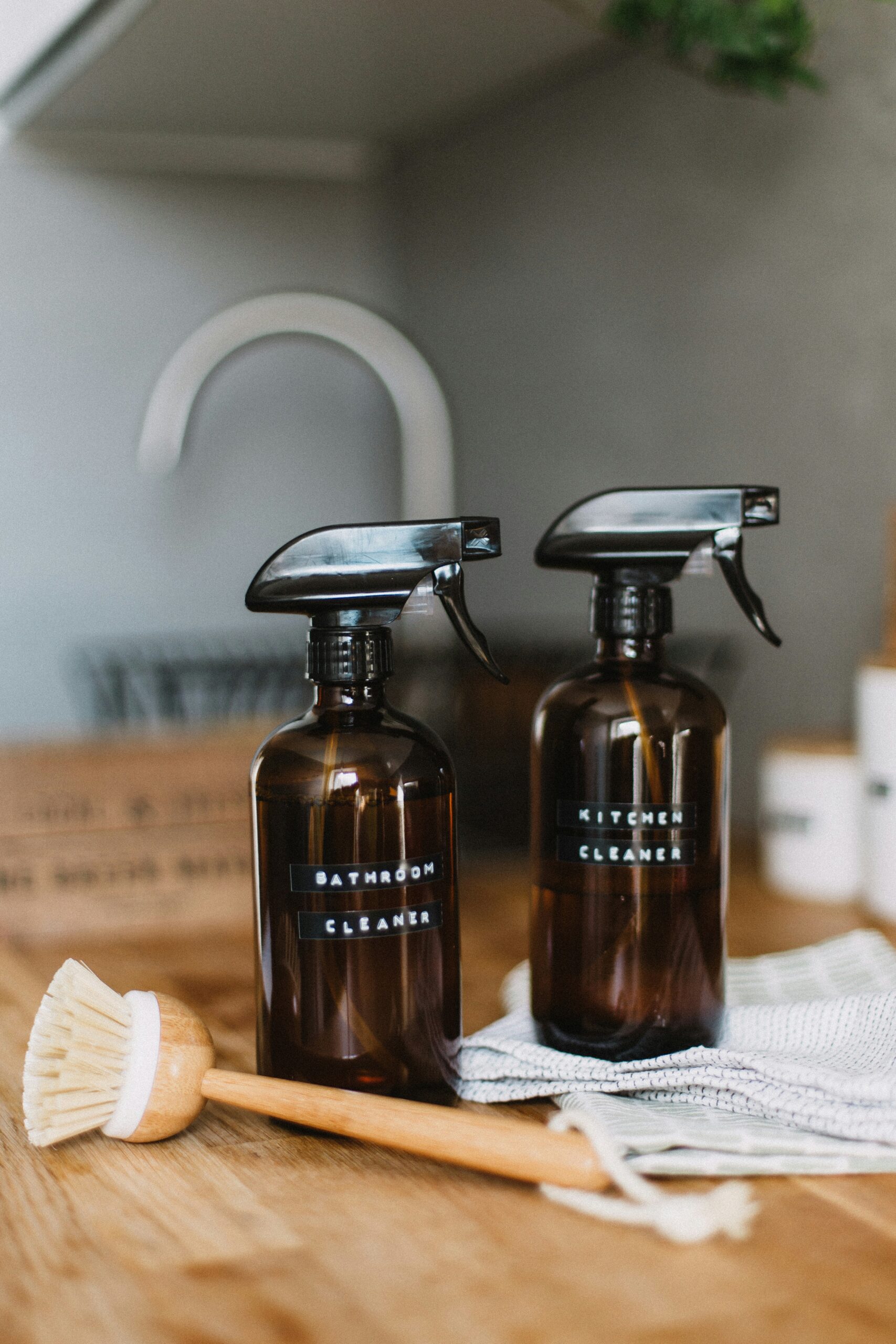Picture this: you find yourself face to face with a challenging situation. Maybe it’s a sudden power outage, a natural disaster, or even a global crisis. In times like these, being prepared can make all the difference. But what skills should someone have to ensure they are ready for whatever may come their way? In this article, we will explore the essential skills that can equip you to handle any unforeseen circumstances with confidence and ease. So, grab a cup of tea, sit back, and let’s discuss the skills that will help you become a true preparedness guru.
Physical Fitness
Understanding the importance of having physical stamina
Physical fitness is an essential aspect of preparedness, as it allows you to be better equipped to handle various challenges and emergencies. By having good physical stamina, you can increase your endurance, strength, and flexibility, making it easier for you to perform physical tasks that may be required during a crisis situation. Whether it’s carrying heavy loads, traversing difficult terrains, or engaging in demanding tasks, being physically fit can significantly enhance your overall preparedness. Additionally, regular exercise and physical activity have numerous health benefits, such as improved cardiovascular health and a stronger immune system, which can help prevent illness and enable you to better cope with challenging circumstances.
Skills to build your fitness levels
To build your fitness levels and improve your physical stamina, there are several skills you can develop and activities you can engage in. Cardiovascular exercises such as running, swimming, or biking are excellent for enhancing your endurance and building up your cardiovascular system. Strength training exercises like weightlifting or bodyweight workouts can help increase your overall strength and muscular endurance. Including flexibility exercises such as yoga or stretching routines in your fitness routine can enhance your range of motion and prevent injuries. It is also important to incorporate regular physical activity into your daily life, such as walking or cycling instead of driving, taking the stairs instead of the elevator, or engaging in active hobbies like gardening or dancing.
How to maintain fitness long-term
Maintaining fitness long-term requires consistency and dedication. Set realistic goals for yourself and create a fitness routine that suits your lifestyle and preferences. Find activities that you enjoy and make them a regular part of your routine. Vary your workouts to keep them interesting and prevent boredom. It can also be helpful to track your progress and monitor your fitness levels, whether it’s through recording your workouts, using fitness apps, or getting regular check-ups with a healthcare professional. Additionally, prioritize proper nutrition and hydration to support your fitness goals. By making physical fitness a priority and integrating it into your daily life, you can ensure that you maintain your fitness levels and are always ready to face any challenges that may come your way.

Nutritional Knowledge
Best practices for meal planning and provision
Proper nutrition is vital during times of preparedness, as it provides the body with the necessary nutrients for optimum health and functioning. When it comes to meal planning and provision, it is essential to focus on creating a well-balanced diet that includes a variety of food groups. Aim to incorporate fruits, vegetables, whole grains, lean proteins, and healthy fats into your meals. Plan your meals in advance to ensure you have an adequate supply of nutritious food during emergencies. Consider including non-perishable food items such as canned goods, dried fruits, nuts, and seeds that have a long shelf life. Additionally, it is crucial to consider dietary restrictions or allergies of individuals within your group and stock appropriate food items accordingly.
Knowledge of storing food items for long durations
In a preparedness situation, having knowledge of proper food storage techniques is crucial to prevent spoilage or contamination. Ensure that your food storage area is clean, dry, and well-ventilated. Utilize airtight containers or food-grade storage bags to keep your food protected from moisture, pests, and oxygen. Consider using oxygen absorbers or vacuum-sealed packaging to extend the shelf life of certain food items. Remember to rotate your food supply regularly, prioritizing the consumption of items with shorter expiration dates and replacing them with fresh supplies. Educate yourself on the signs of spoilage or food-borne illnesses and know when to discard food that may pose a risk to your health.
Exploring wild survival foods in extreme cases
While it is crucial to have a well-stocked supply of food during emergencies, it is also valuable to have knowledge of edible wild plants and survival foods in extreme cases. Learning to identify edible plants, mushrooms, and berries in your local area can provide you with an additional source of sustenance if your food supply runs out or becomes limited. However, caution must be exercised when foraging for wild foods, as some plants may be toxic or have similar-looking poisonous look-alikes. It is recommended to undertake proper training or consult with experts in the field of wilderness survival before relying solely on wild food sources. Remember to always prioritize safety and consider personal allergies or sensitivities when consuming wild foods.

First Aid and Healthcare Skills
Basic first aid skills for emergencies
Having basic first aid skills is crucial for any prepared individual. These skills can make a significant difference in emergency situations, potentially saving lives and preventing further injury. Some essential first aid skills to acquire include learning how to properly assess a victim’s conditions, perform CPR, control bleeding, immobilize fractures, and administer basic wound care. Familiarize yourself with the use of common first aid equipment such as bandages, splints, and tourniquets. Consider attending certified first aid and CPR courses offered by reputable organizations to gain a comprehensive understanding of proper techniques and protocols.
Understanding common diseases and their prevention
In times of crisis, an understanding of common diseases and their prevention is essential to maintain public health and prevent the spread of illness. Educate yourself about common infectious diseases and their modes of transmission. Take precautions such as thorough handwashing, using hand sanitizers, practicing proper cough and sneeze etiquette, and avoiding close contact with sick individuals to reduce the risk of contracting or spreading diseases. Stay up to date on vaccinations and ensure that you have an adequate supply of necessary medications and medical supplies for chronic conditions. Follow guidelines from reputable health organizations during outbreaks or pandemics to protect yourself and others.
Managing health in a crisis situation
In a crisis situation, managing your health becomes even more crucial. Keep a well-stocked first aid kit and necessary medications in your emergency supplies. Ensure regular access to clean water and practice good hygiene to prevent infections. Prioritize mental well-being by engaging in stress-reducing activities such as meditation, deep breathing exercises, and maintaining social connections. Stay informed about the local healthcare resources available during emergencies, such as nearby hospitals, clinics, or emergency medical services. It is also beneficial to learn basic self-care techniques such as wound dressing, pain management, and symptom relief to address minor health issues when professional medical help may not be readily available.


